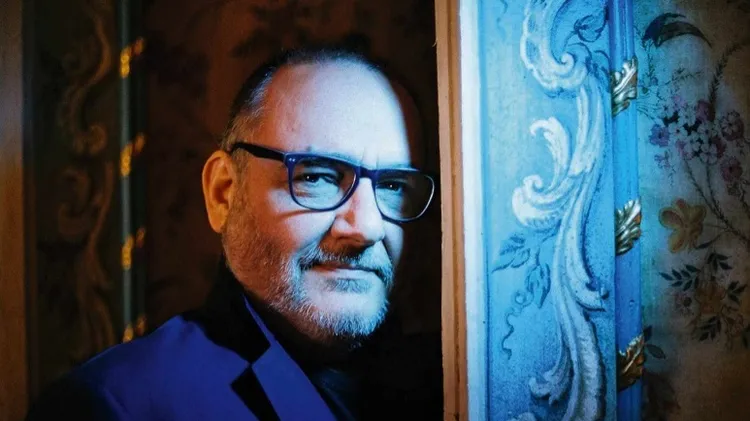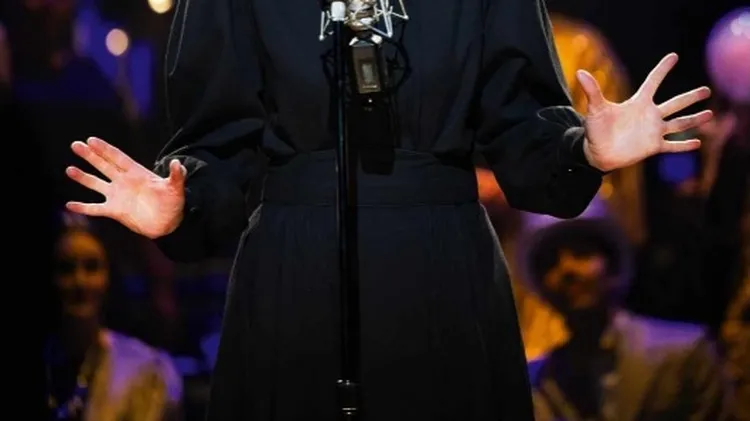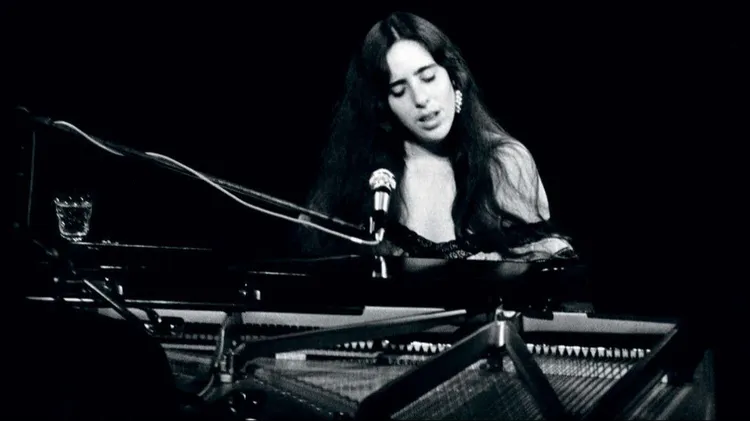Angela Gheorghiu has recorded an album of Puccini’s little-known songs to mar
La vie bohème
9 min read
This article is from...
Read this article and 8000+ more magazines and newspapers on Readly






